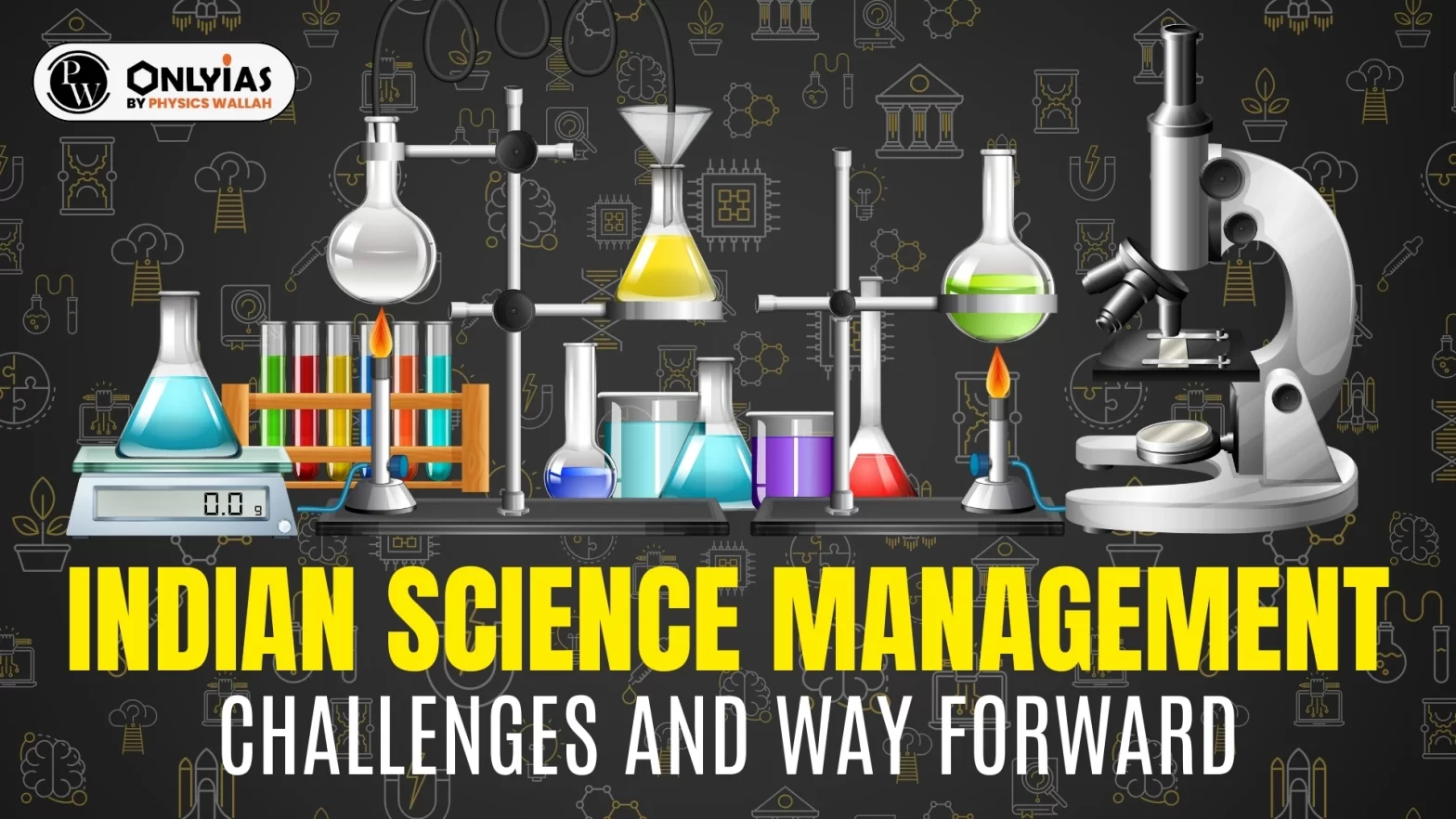![]() 20 Jan 2024
20 Jan 2024

This editorial is based on the news “The problem with India’s science management” which was published in The Hindu. This article expresses the concern over the administrative ability of Indian science and Scientific advances.
| Relevancy for Mains: Issues with Indian Science Management- Concerns and Way Forward. |
|---|
| Mains Question: Critically analyze the key issues plaguing science administration, and suggest some policy reforms that can optimize governance of scientific establishments. (15 marks, 250 words) |
|---|
| Must Read | |
| NCERT Notes For UPSC | UPSC Daily Current Affairs |
| UPSC Blogs | UPSC Daily Editorials |

<div class="new-fform">
</div>